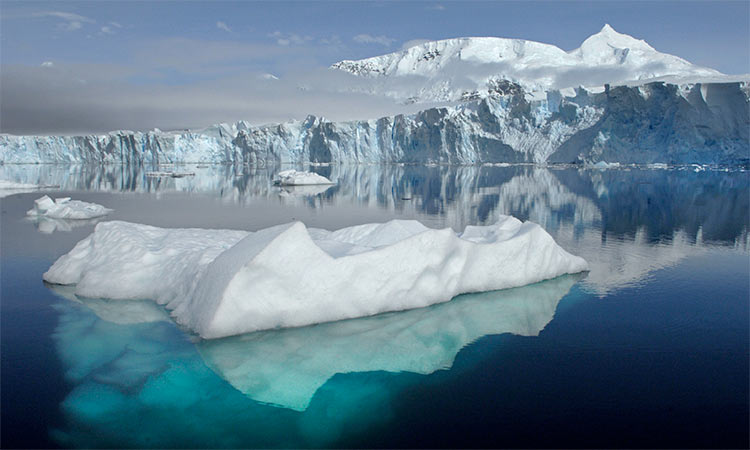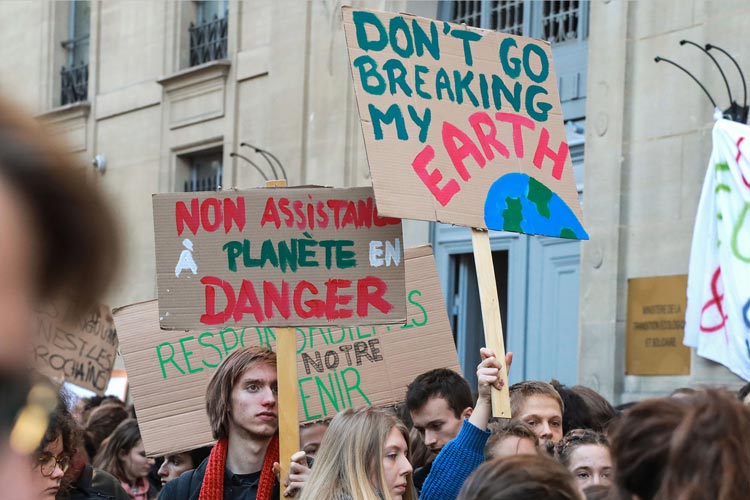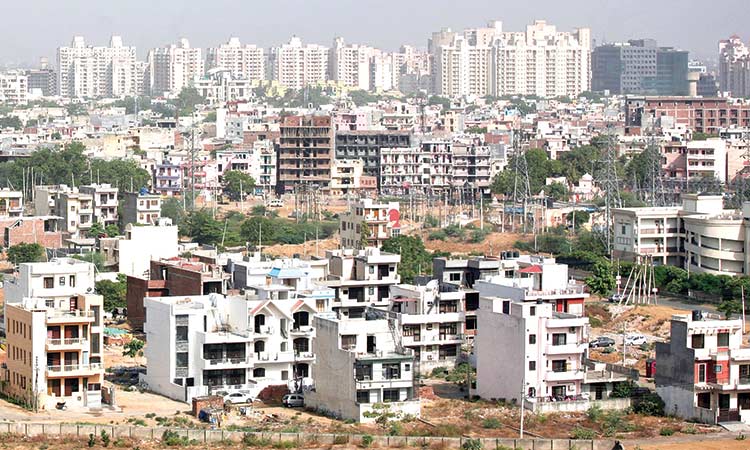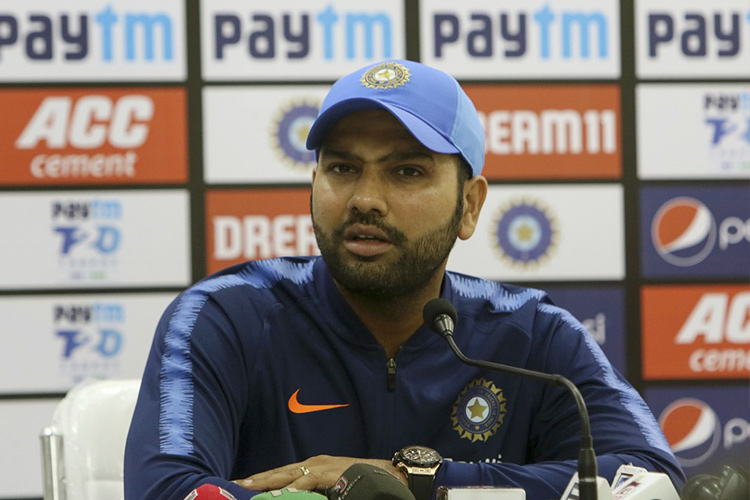Green policies are the need of the hour
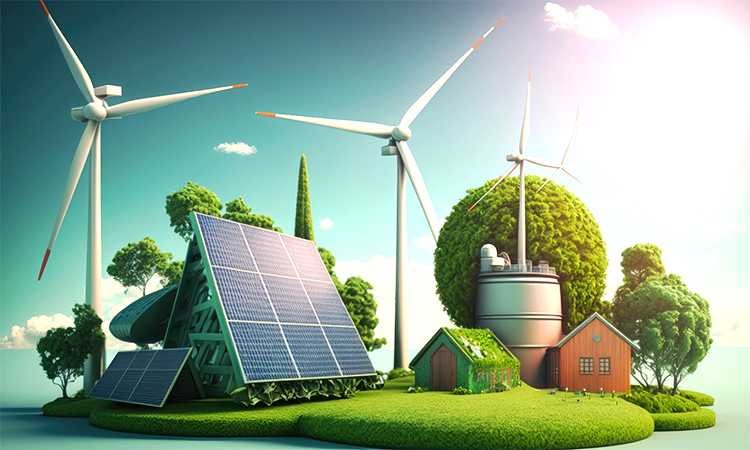
Illustrative image.
The European Commission recommended on Tuesday that the EU slash net greenhouse gas emissions by 90% by 2040, an ambitious target that will test political appetite for the region’s fight against climate change ahead of EU elections.
While the overall target was within the range recommended by the EU’s official climate science advisers, the EU executive weakened part of the recommendation concerning agriculture, in response to weeks of protests by farmers angry about EU green rules, among other complaints.
What a difference five years make. During the last European Union elections in 2019, hundreds of thousands across the 27-nation bloc staged protests to fight climate change. Ahead of this year’s EU vote, farmers are in the streets demanding fewer green rules, and politicians cannot afford to ignore them.
A shift in political tone around how to protect the planet is looming over EU Parliament elections in June, even as climate change unleashes more severe and costly extreme weather.
“There is a clear backlash on the agriculture part of the Green Deal,” said French EU lawmaker Pascal Canfin.
“But there is no backlash for the rest,” he said.
To appease farmers protesting against low food prices and high EU environmental standards, the EU last week loosened environmental regulations on fallow land while France paused a national pesticide reduction policy, according to a Reuters report. But the overall EU ‘Green Deal’ vision for tackling climate change remains intact, supported by more than two dozen laws passed over the last five years to reduce the greenhouse gas emissions that cause climate change. The policies already in place are unlikely to be withdrawn. But the EU’s recent attempts to fold broader environmental policies into this package have faltered. In the last few months, EU countries and lawmakers have shot down or weakened new laws on industrial pollution, cutting pesticide use and restoring damaged nature.
“We shouldn’t mix environment and climate,” said Peter Liese, an EU lawmaker from the centre-right European People’s Party, the biggest political family in the EU parliament.
“If we want to be carbon neutral and still want to be industrialised... we cannot do everything at the same time,” he said.
Polls show more seats could go to far-right and right-leaning parties opposed to climate policies. EU officials say backing for ambitious green laws has also been eroded among EU states by recent elections in Finland, Sweden, the Netherlands and Luxembourg, the Reuters report adds. “All this green policy is not accepted anymore. It makes people’s lives very difficult. It makes people’s lives very expensive,” said Rob Roos, an EU lawmaker in the eurosceptic European Conservatives and Reformists Group.
“We should abolish the Green Deal because it’s not what the people want,” Roos told Reuters. Polls suggest his group could win 27% more seats in the upcoming election than it has now. Surveys show that while a large majority of Europeans support ambitious action to fight climate change, a majority is also worried about the cost of doing this. “This is the big misunderstanding. People think that if our ambition is lower, we will be more competitive. That’s simply not true,” Bulgaria’s climate minister Julian Popov said.
Popov and other green policy supporters warn halting climate policy will ultimately cost more, as worsening climate change would hit economies harder with devastating floods and fires. They say green policies are needed to establish a technological advantage that will help EU industries compete with China.
With CO2 emissions policies until 2030 already agreed, the new EU parliament and Commission formed after elections will focus on plans for curbing CO2 beyond 2030. That will require faster emissions reductions in industry and farming, politically sensitive sectors struggling with high energy prices and competition from abroad.
“The competitiveness risk to Europe... that won’t be reversed by us going weak on climate,” said Irish climate minister Eamon Ryan, who described the competitiveness of industry, and how climate policies can ensure this, as central to the election. “It is a real issue, and every vote counts,” Ryan said.
